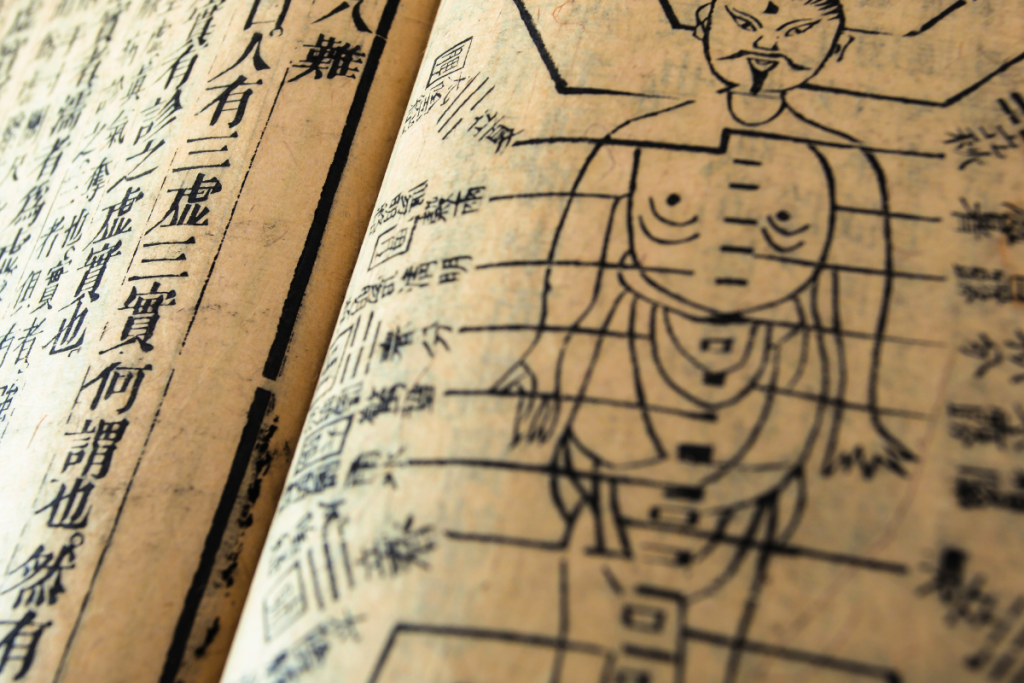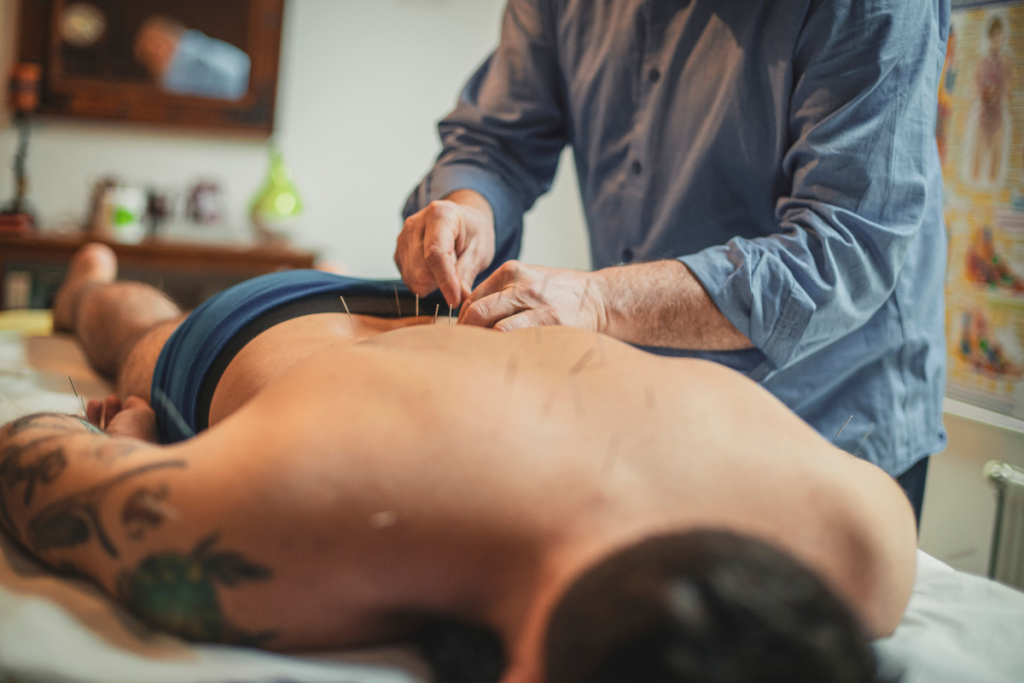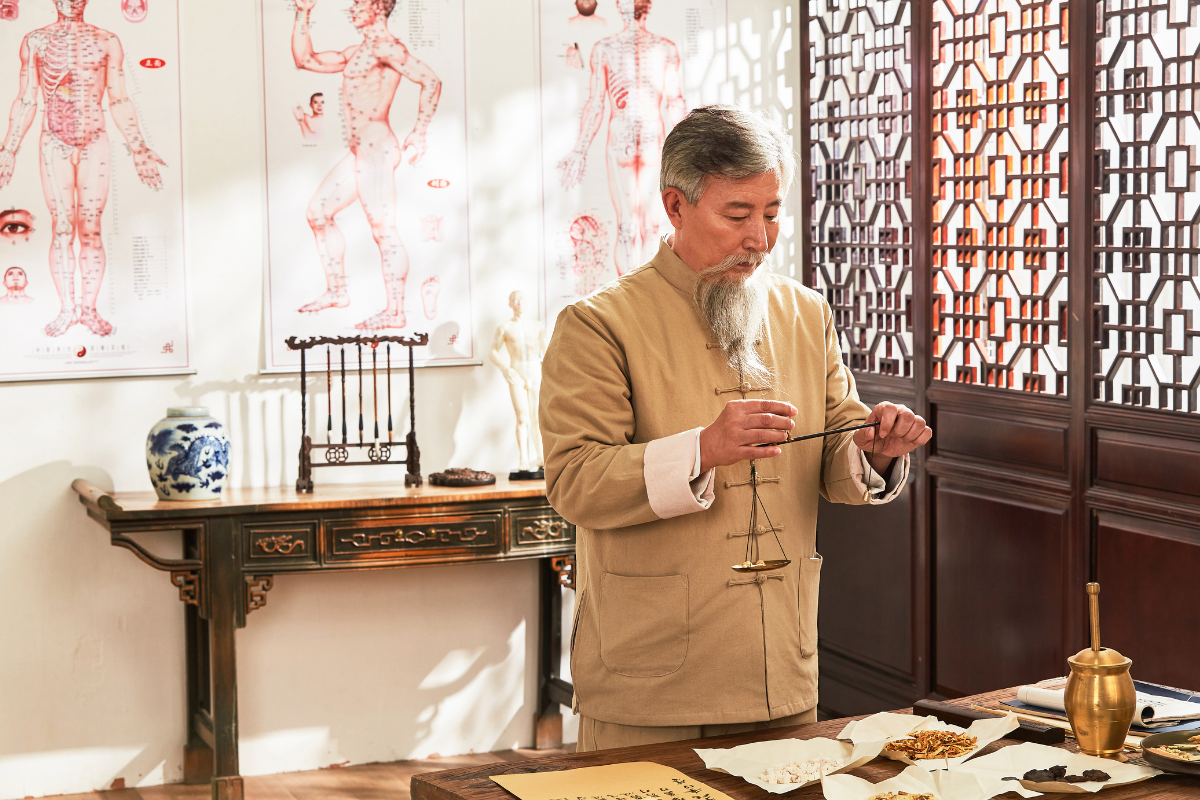Eastern medicine is a fascinating branch of medicine that originates from Asian cultures and traditions such as Chinese, Indian, Japanese and Thai. Its roots go back thousands of years and are based on philosophies that place great emphasis on body-mind harmony and natural healing methods. The field accepts that the human body is part of a wider ecosystem, and that maintaining a balance between different aspects of life, such as diet, physical activity, emotions and vital energy (chi), is the key to health. Eastern medicine uses a variety of techniques, such as acupuncture, meditation, hirudotherapy i herbalismto promote health and treat illness.
Chinese medicine versus classical medicine
In the European approach to medicine, we often focus on a specific field, where each speciality focuses on specific problems and conditions. This means that when we have a problem with our heart, we go to a cardiologist. When we have a problem with our digestive system, we go to a gastroenterologist. Each part of the body is looked at separately and the impact of other systems is not always considered.
Something characteristic of Eastern medicine is the holistic approach. It involves not only treating the symptoms of illness, but also identifying the causes and removing them. It focuses on regeneration of the body and on the patient regaining physical, emotional and spiritual balance. In Eastern medicine, especially Chinese medicine, there is a belief that the human body is a unity and that all health problems are the result of imbalances between different aspects of the body. In this concept, every organ and system is interconnected, and illness in one area can affect the whole body. Chinese therapists seek to understand these interrelationships and work to restore harmony throughout the body, rather than just fixing a specific problem.

Chinese medicine, what sets it apart?
In Chinese medicine, prevention plays a primary role. The main goal is to keep the body healthy, which translates into avoiding disease. There is a belief that a healthy diet, natural healing methods, regular physical activity and herbal medicine are key to maintaining balance and health. In Chinese medicine, the emphasis is on the prevention of disease rather than just treating it once symptoms have occurred.
The European approach often focuses on treating symptoms and using pharmacotherapy. This is especially true for common illnesses like colds and flu. Each sickness season brings with it new drugs and advertisements promising immediate relief. This is what we often follow with symptomatic treatment instead of focusing on prevention and staying healthy.
Ultimately, both approaches can have their place in healthcare. Eastern medicine, on the other hand, emphasises that maintaining balance and taking care of one's health on a daily basis are key to preventing disease and maintaining long-term wellness.
Who is Chinese medicine for?
Chinese medicine can help treat a variety of conditions. Such as back pain, migraines, digestive problems, dermatological conditions, respiratory problems and many more. It often includes therapies based on herbal medicine and acupuncture, which can help relieve symptoms of depression, anxiety or insomnia. It can also complement traditional medical care in the management of chronic diseases such as diabetes or hypertension.

Acupuncture
It's therapeutic techniquewhich originates from ancient Chinese medicine, dating back several thousand years. Its basic premise is the existence of vital energy called Qi, which flows through our body and provides energy to every cell. In order to stay healthy, Qi must circulate freely in the body, providing the necessary energy. When the flow of energy is disrupted, the body can become dysfunctional, which can lead to various health problems. Therefore, acupuncture involves the gentle pricking of specific energy points on the body to rebalance the flow of Qi and improve health.
It is worth noting that although acupuncture is based on ancient Chinese tradition. It is now used worldwide as a complementary method for the treatment of many conditions. Its effectiveness is increasingly appreciated by patients and medical professionals.




